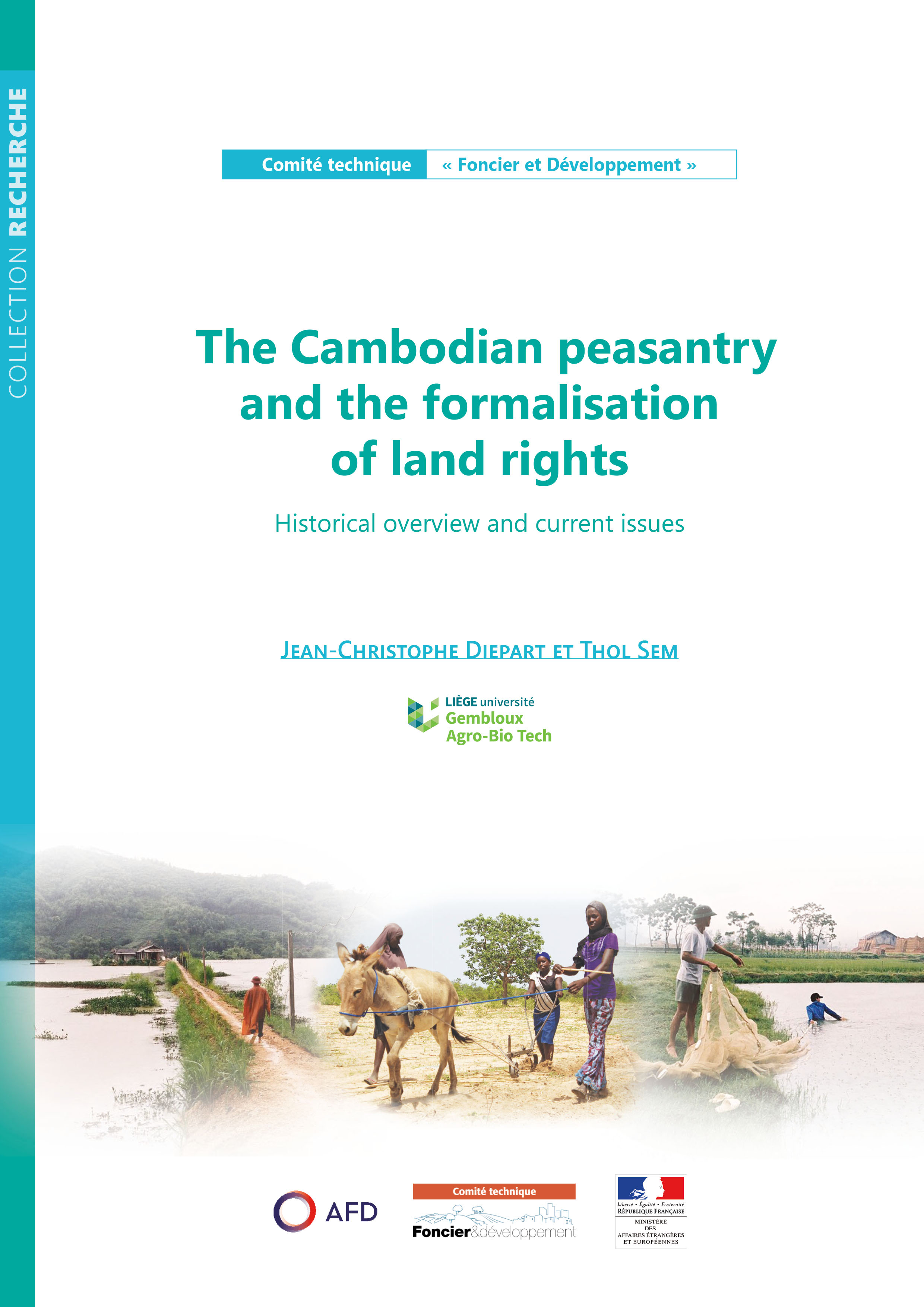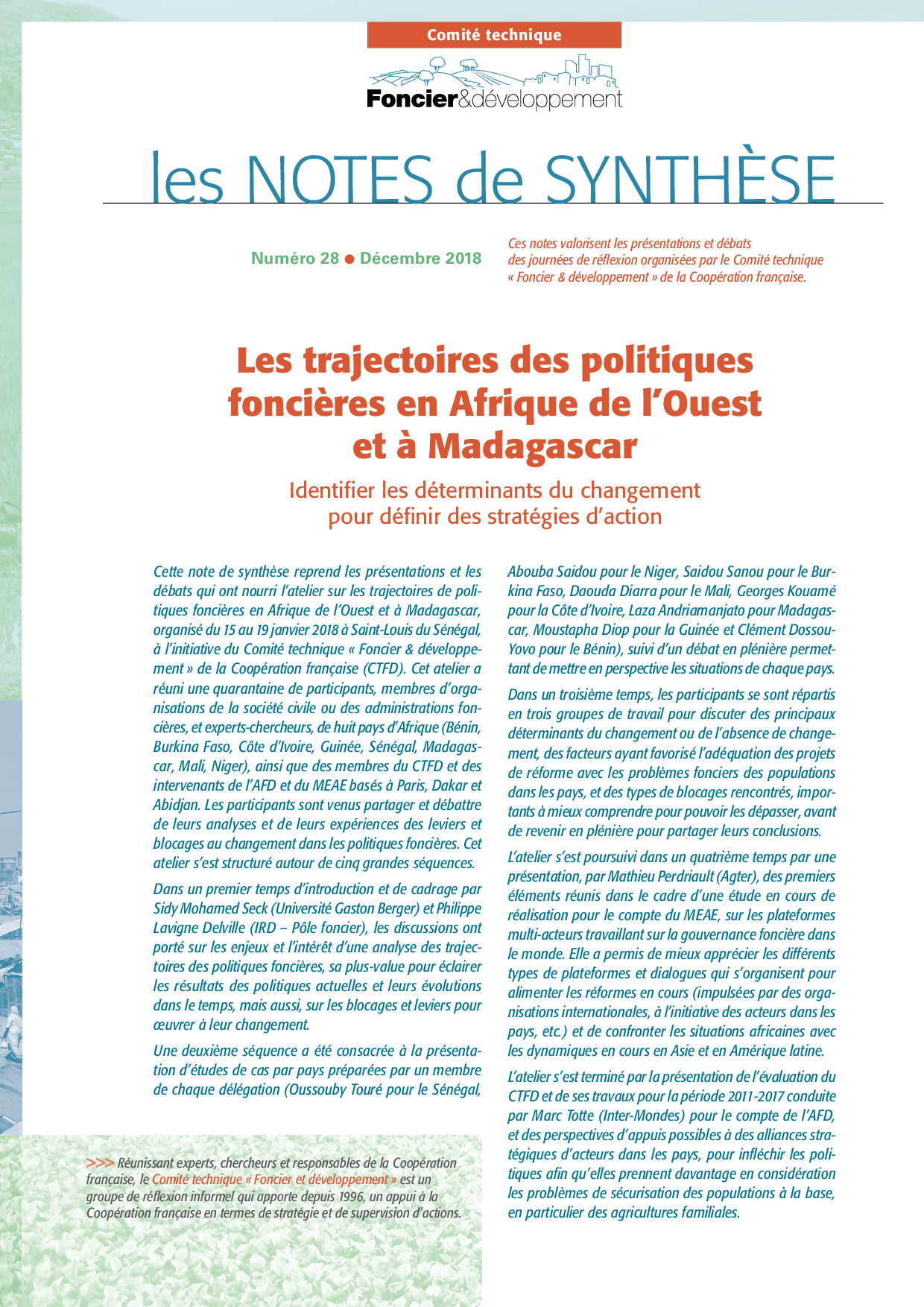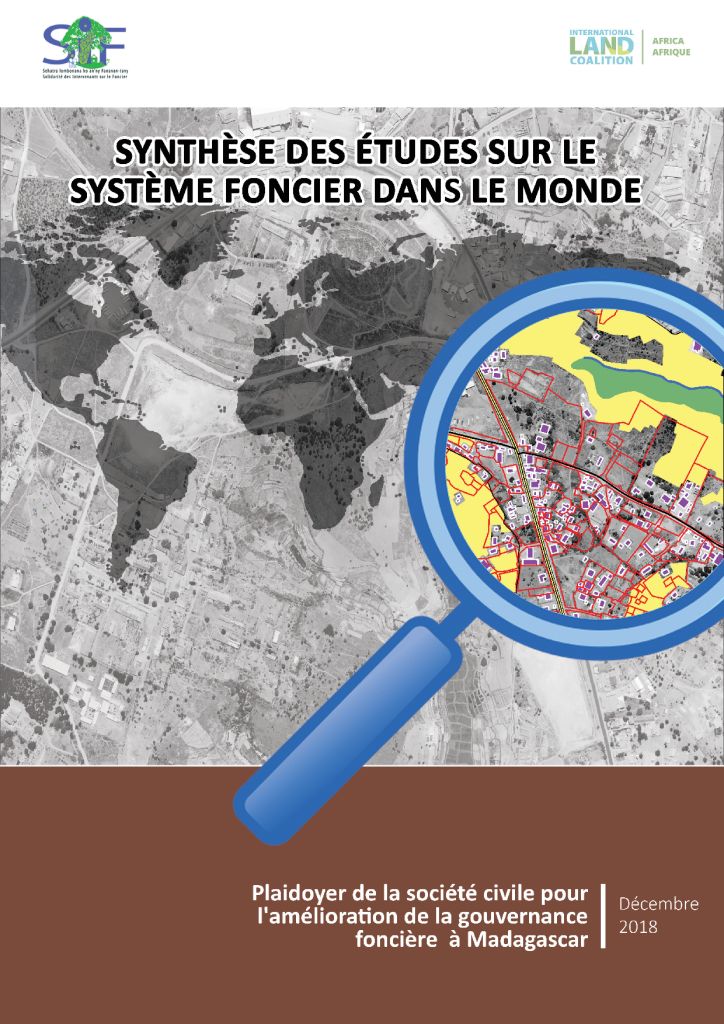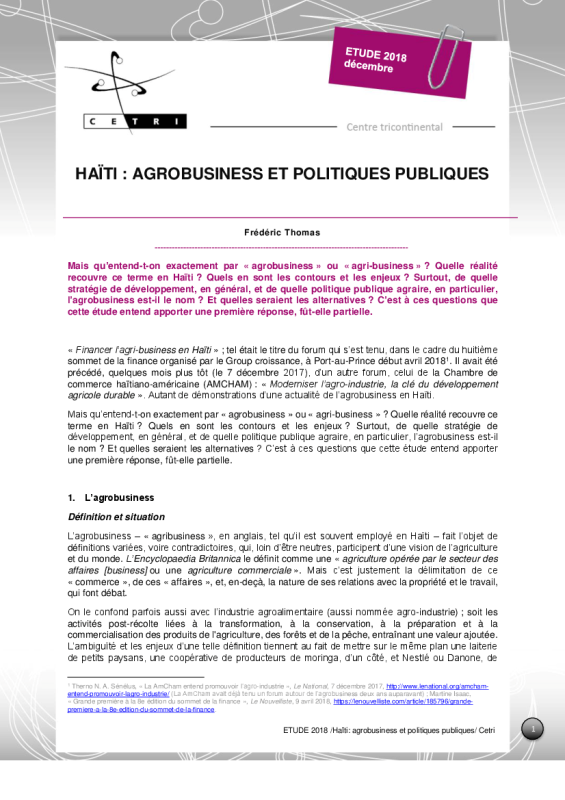Gender Opportunities and Constraints in Land-Related Agricultural Investments
WEBSITE INTRODUCTION: This report presents a synthesis of the main findings from case studies carried out in six countries in Africa (Ghana, Sierra Leone, United Republic of Tanzania and Zambia) and Asia (Laos and Philippines). The findings were disseminated and discussed in multistakeholder initiatives at regional and country level. The report illustrates how poor rural women and men are affected differently by agricultural investments, and demonstrates that they may not benefit equally from emerging opportunities.






